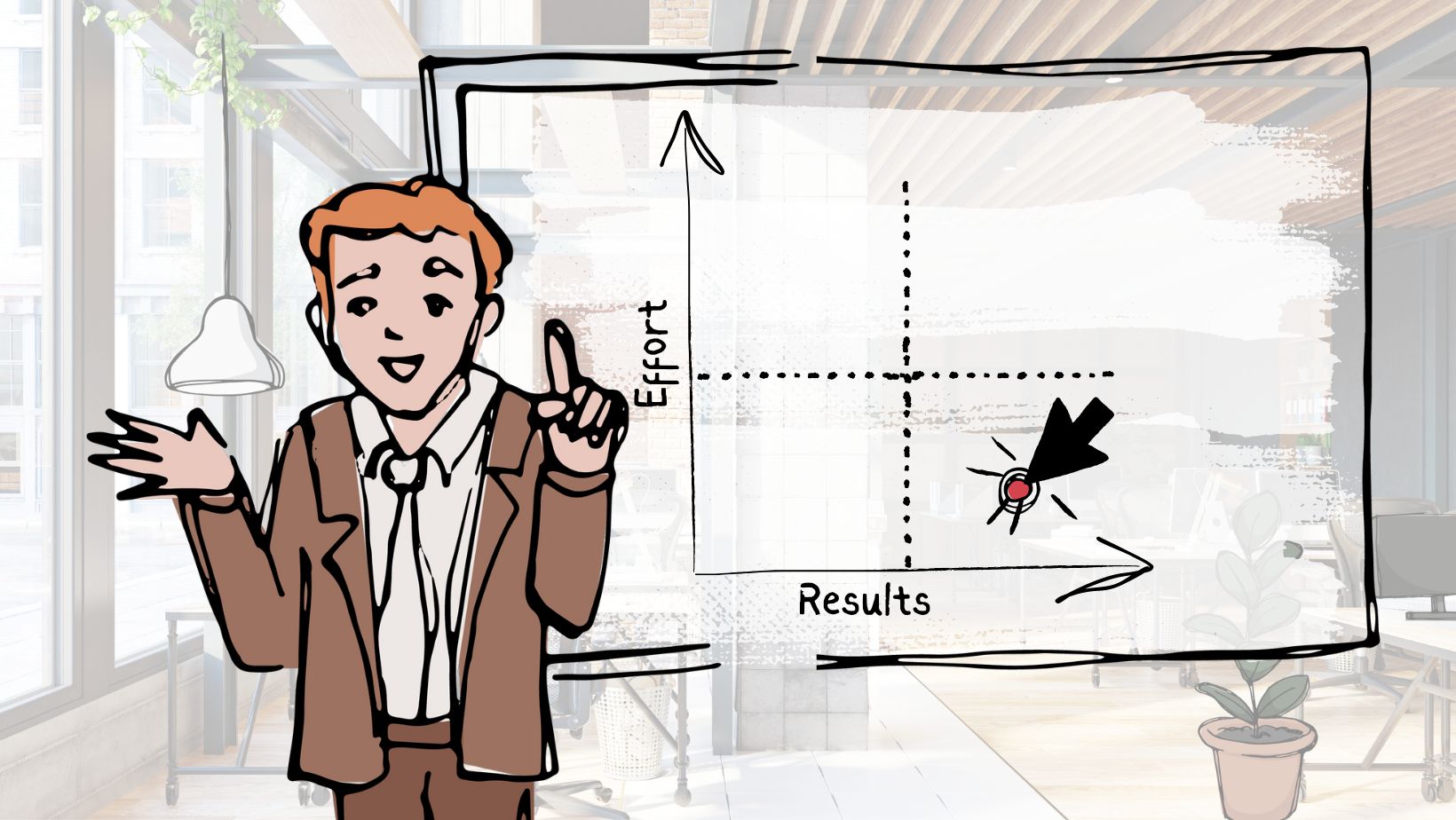https://vimeo.com/1089027297?share=copy&fl=sv&fe=ci
The power of perspective: how understanding Energy Use Intensity can transform your building’s performance
You wouldn’t drive a car without watching the rev counter. Not because it tells you how far you’ve gone, but because it shows how hard the engine’s working. Energy Use Intensity (EUI) works the same way for buildings.
Energy Use Intensity shows how much energy a building uses per square metre. The lower the number, the more efficiently the space is performing. It’s a straightforward benchmark—but it’s more than a metric. It gives decision-makers a way to step back, see what’s really going on, and move forward with clarity.
A baseline that makes action easier
When you start with Energy Use Intensity, you’re not guessing. You’re measuring. That matters—especially if you're responsible for net-zero delivery or portfolio-level decarbonisation. Energy Use Intensity gives you a normalised way to compare performance across buildings, identify outliers, and set clear, credible targets.
It’s often the first piece of insight we use with clients. Why? Because it gives immediate perspective. You can see how your performance stacks up against similar buildings, what’s driving excess use, and what needs to change first. Without sensors. Without delay. Just a starting point that makes the next step obvious.
From benchmark to outcome
Once you’ve got your baseline, Energy Use Intensity becomes a guide for strategy. You can set a target Energy Use Intensity as part of your decarbonisation roadmap. Then track how each intervention, like a system upgrade or control change, affects the result. If the number doesn’t move, you’ll know it’s time to adjust. That’s how you avoid wasted investment and stay aligned with your goals.
The benefits go beyond emissions. A strong Energy Use Intensity signals operational efficiency, and that matters to tenants and investors. In a market increasingly driven by sustainability performance, buildings with low Energy Use Intensity are more attractive, more resilient, and more future-proof.
Don’t overcomplicate it
You don’t need full real-time data capture to get started. Most buildings already provide enough information to estimate a useful Energy Use Intensity. From there, you can decide what’s worth monitoring more closely—and what can wait.
With the right insight, you can make smarter energy decisions faster. Most organisations can make meaningful improvements within six months, long before any complex tech is in place.


How you can get big results with little data
Ever used or heard of Shazam? When you hear a song you like and get curious about the title, Shazam will take a small piece of information and analyse it to tell you exactly what music is playing around you, including the name of the songs, the lyrics, the artist - and more.
Read more >
Why having too much information is not efficient
We’ve all heard variations of the expression: “Too close to the wood to see the trees”. It’s where you’ve gotten so deep into the detail that you have lost sight of the bigger picture. Or to put it another way – you have so much information, that you have no idea what to do with it.
It can be very easy to find ourselves in that place with building performance data. There is so much a building can tell us, with all of the data that technology makes available. But the question you need to ask yourself is – which information do you really need?

The cost of data: the hidden expenses in building monitoring
Did you know an average email can produce about 5 to 10 grams of CO2 emissions? Strange to think of, isn’t it? If you ask me, it gives us pause to question how much of our daily data is avoidable. It’s also why we believe that achieving decarbonisation of buildings means collecting the right information, rather than every single piece of data we can get our hands on.
Read more >How performance monitoring KPIs influence the net-zero targets and financial viability of our buildings
Even before investing in renewables or upgrades, you want to make sure your building uses its energy efficiently and without waste. Something as simple as the data from heating and cooling systems allows us to identify energy-saving opportunities, leading to energy efficiency. An effective way to accomplish energy efficiency is through data collection, which allows you to set KPIs and gain valuable insights into energy consumption patterns.
Read more >

